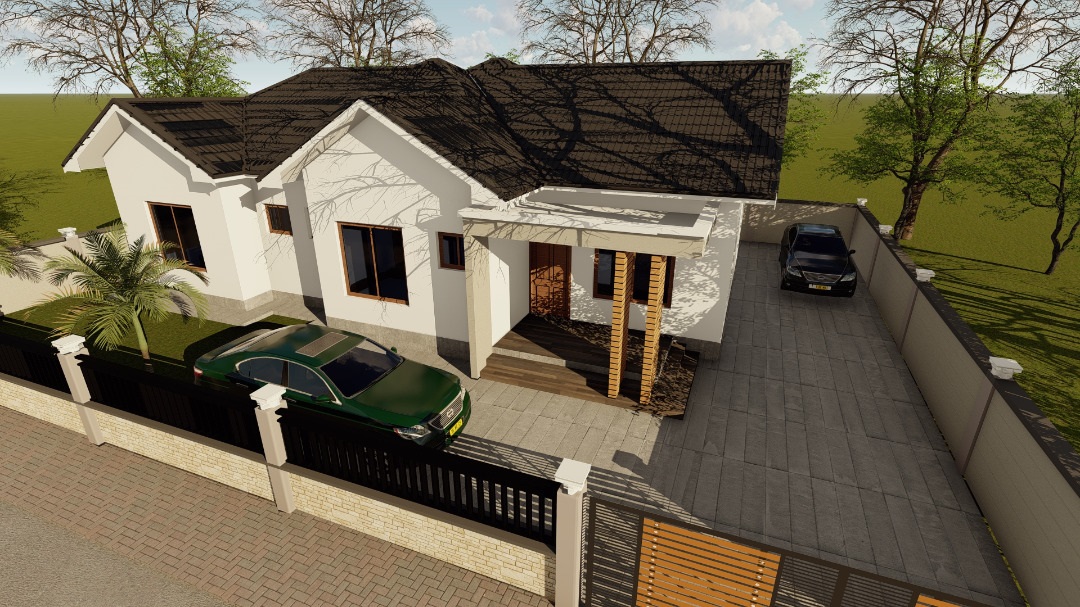
Important things to Consider when Buying a House
Choosing a house is a significant decision that involves considering various factors to ensure that the property meets your needs, preferences, and long-term goals. Here are some important things to consider when choosing a house:**1. Location:**The location of the house is paramount. Consider its proximity to your workplace, schools, healthcare facilities, public transportation, shopping centers, and recreational areas. Research the neighborhood's safety, crime rates, and overall ambiance.**2. Budget:**Determine your budget before you start house hunting. Consider not only the purchase price but also ongoing costs like property taxes, homeowners association (HOA) fees, utilities, and maintenance.**3. Size and Layout:**Evaluate the size of the house and its layout to ensure it meets your space requirements. Consider the number of bedrooms, bathrooms, and living spaces. Make sure the layout suits your lifestyle and preferences.**4. Condition of the Property:**Assess the condition of the house, including its foundation, roofing, plumbing, electrical systems, and overall structural integrity. A professional home inspection can help identify potential issues.**5. Future Growth and Development:**Consider the potential for future growth and development in the area. This can impact property values and your long-term investment.**6. Resale Value:**Think about the potential resale value of the house. Properties in desirable locations with good amenities and schools tend to hold their value better over time.**7. Neighborhood and Community:**Evaluate the overall feel of the neighborhood. Is it family-friendly, vibrant, quiet, or suitable for your preferences? Consider factors like noise levels, cleanliness, and the friendliness of neighbors.**8. Amenities and Services:**Check for nearby amenities such as parks, fitness centers, restaurants, and cultural attractions. Convenient access to these facilities can enhance your quality of life.**9. School District:**If you have or plan to have children, research the local school district's reputation and quality of education.**10. Safety and Security:**Consider the safety of the neighborhood. Look into crime rates and security measures. Feeling safe in your home and surroundings is crucial.**11. Commute and Transportation:**Evaluate the daily commute to work or other important destinations. Access to public transportation or major roadways can significantly impact your daily routine.**12. Future Plans:**Consider your future plans, such as whether you intend to start a family, work from home, or retire. Choose a house that accommodates these goals.**13. Natural Light and Views:**Natural light and pleasant views contribute to a comfortable living environment. Consider the orientation of the house and the surrounding landscape.**14. Maintenance and Upkeep:**Think about the maintenance requirements of the property. A larger yard or older house may require more upkeep.**15. Personal Preferences:**Remember to account for your personal preferences. Think about the architectural style, interior design, and overall aesthetic that align with your tastes.**16. Negotiation Flexibility:**Consider whether there is room for negotiation in the price. This can impact your affordability and potential savings.**17. Legal and Regulatory Considerations:**Ensure that the property has clear legal ownership, and review any zoning restrictions or homeowner association rules.**18. Emotional and Gut Feelings:**Lastly, trust your instincts. Your emotional response to a house can provide valuable insights into whether it's the right fit for you.Buying a house is a significant investment, so take your time to thoroughly evaluate your options and seek professional advice when needed.
Read also:
Best Practices for Indoor Design- Labu Mzee



Add a comment